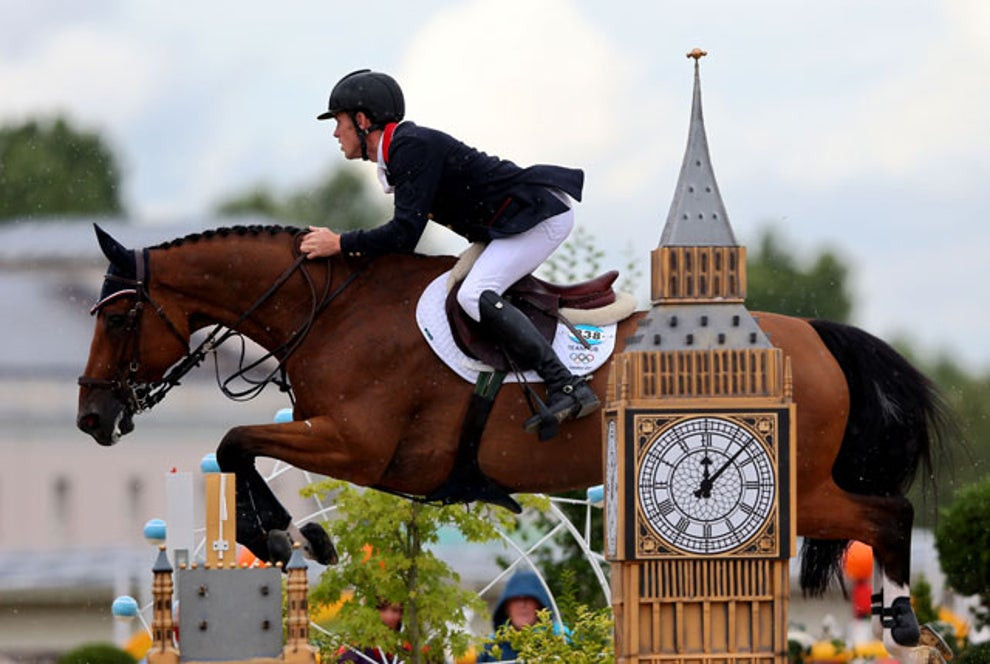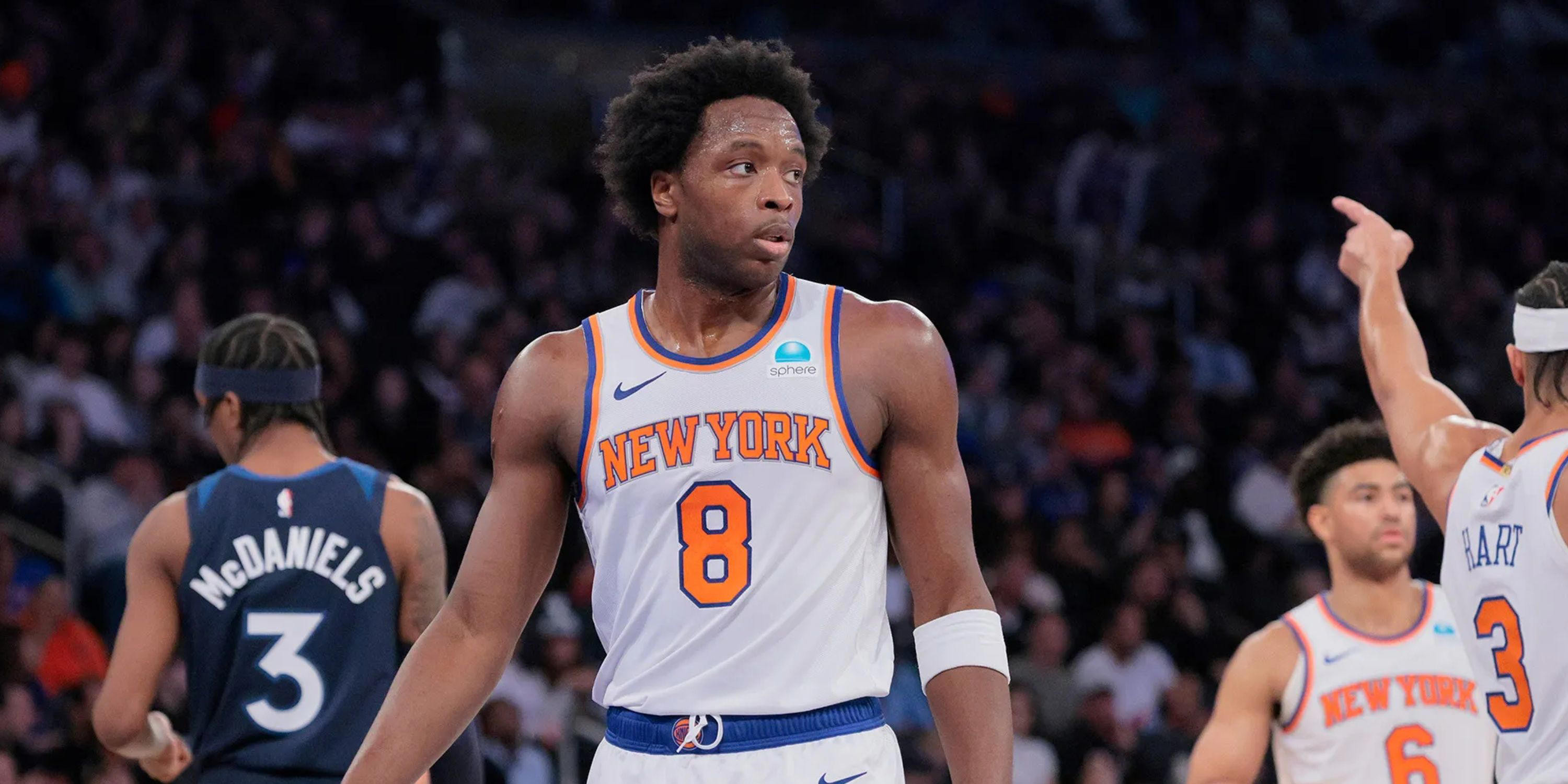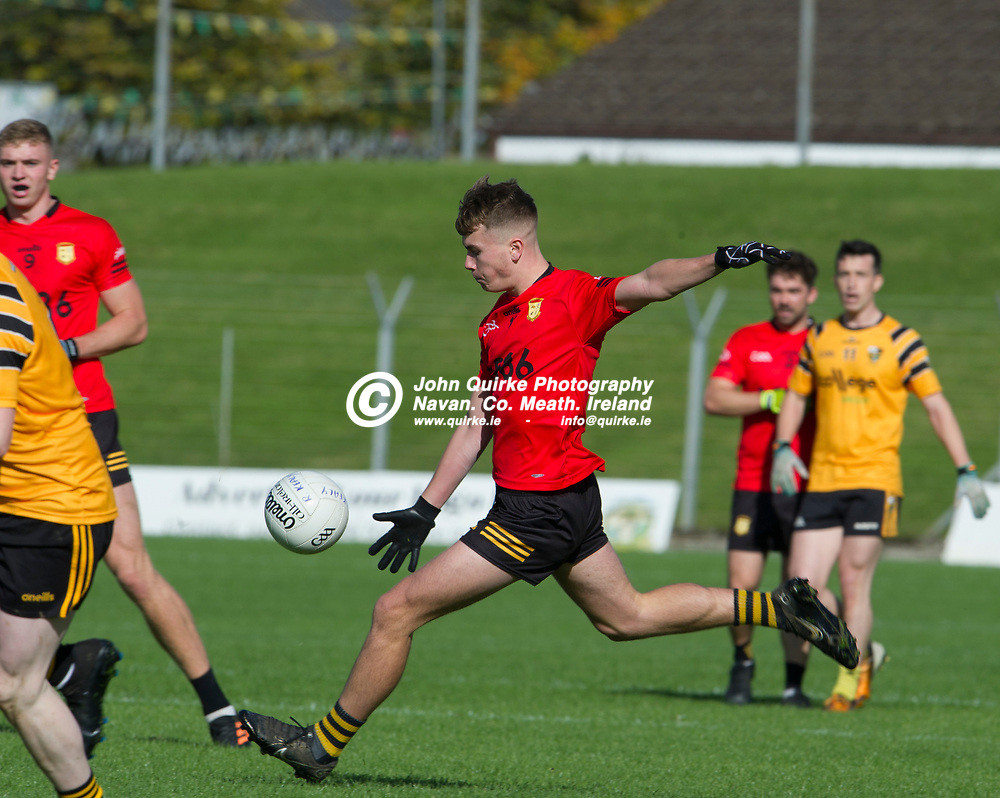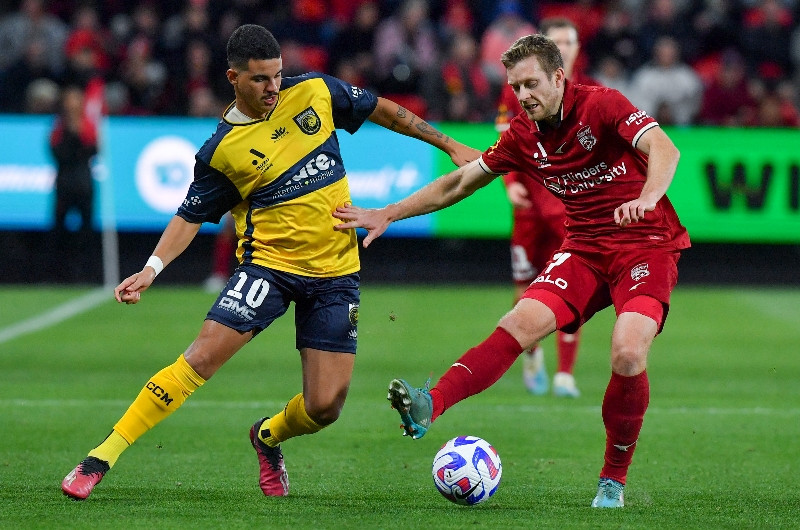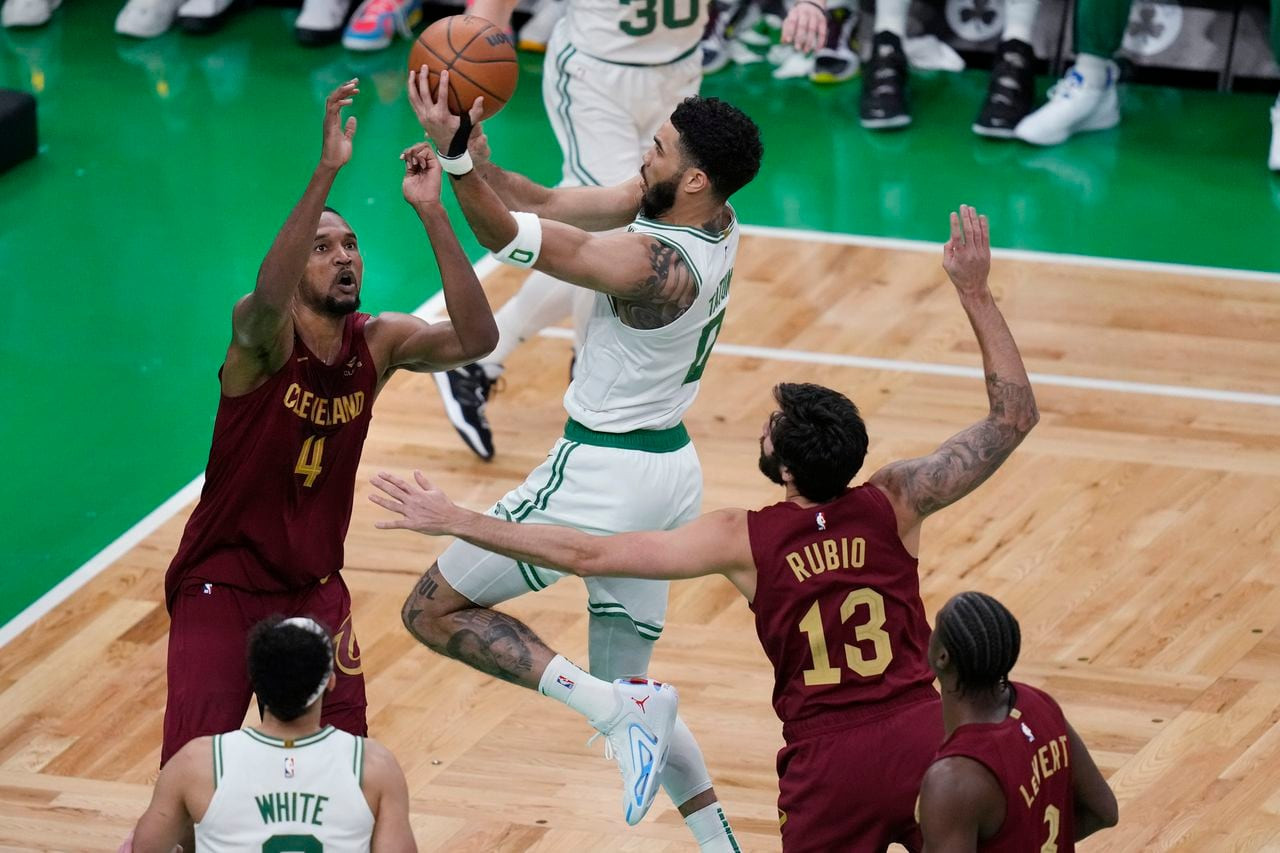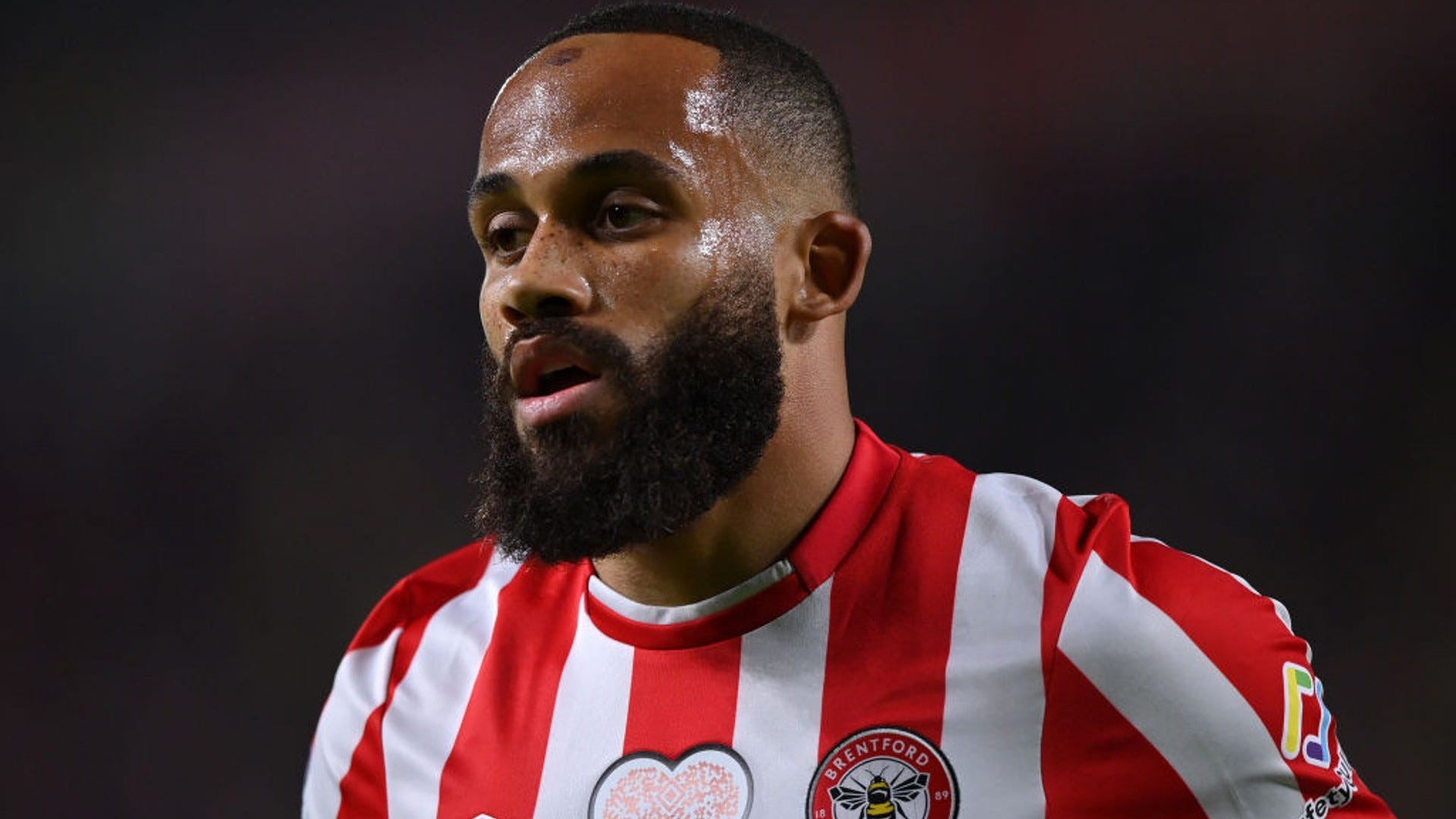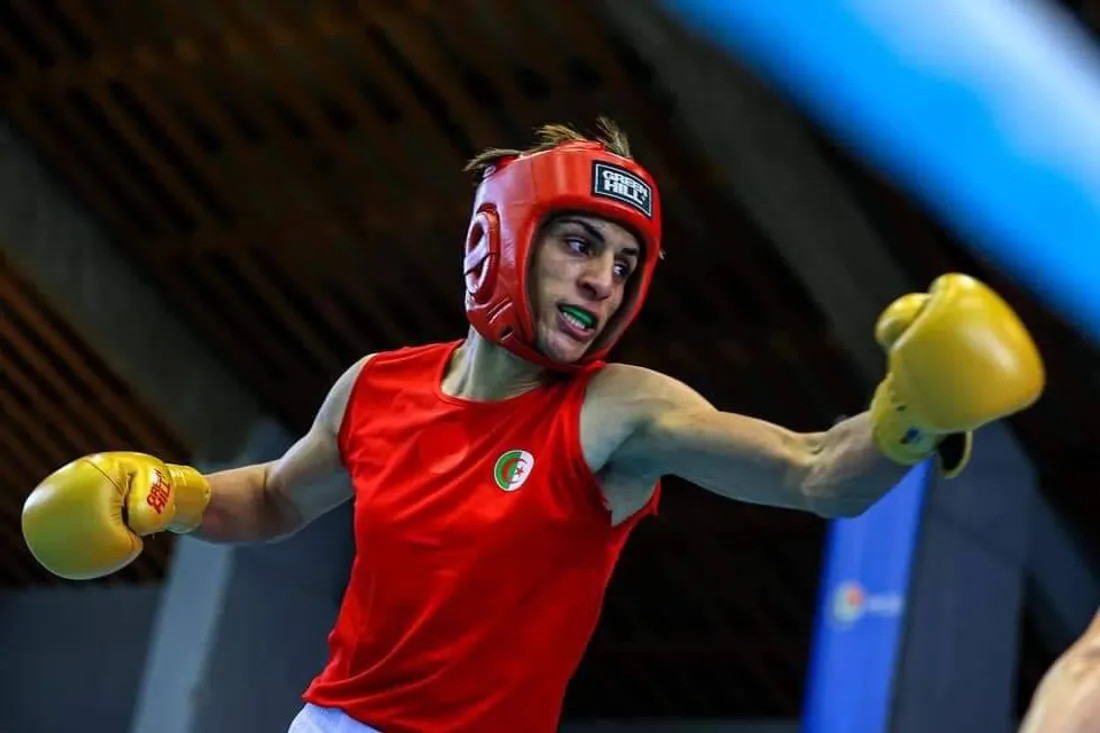The margins at the Olympics are everything. A hundredth of a second in the pool can be the difference between gold and silver. Likewise, a centimetre in archery. For Scott Brash, it was the gravity on a jump that fell just the ride side of the ledger – or did not fall to be more precise.
The 38-year-old from Peebles was given the most nerve-wracking task of all – leading an Olympic final in team showjumping with no margin for error. Ben Maher and Harry Charles had put GB in first place through two cycles, the Brits on one point. By the time Brash was ready to go, the equation was simple, go clear and pick up at most two-time penalties and Great Britain would be champions. Any knockdowns and the gold would be gone.
Knowing what is needed and actually doing it are two very different things. On Hello Jefferson, Brash started well, but then needed a slice of fortune on the second jump at four, rubbing the bar but not knocking it down. He repeated the trick later in his run, but crucially went clear, giving up just one further time penalty to seal his second Olympic gold.
Brash's Nerve-Wracking Ride
What is most remarkable about this gold medal are the family connections involved. Brash was part of the team that won this title on home soil in Greenwich 12 years ago, with Maher also in the quartet. The other two members were Nick Skelton and a certain Peter Charles – the father of Harry. With this victory, the Charles’s become the first father-son combination to win Olympic gold for Team GB since 1948 – rowers Dickie and Charles Burnell (1908) the last to do it. That means that Brash has now won an Olympic gold alongside two generations of the Charles family, a remarkable feat in its own right.
A Family Affair
He said: “Me and Ben feel a bit like the old veterans. Pete played a massive role, even here. It’s invaluable having him on our shoulder, giving advice. Having that mentor is really good for all of us. Harry is only 25 but he’s very experienced already. It’s amazing to have good riders coming up in our country and I think the future looks bright.”
And his role stretched beyond just holding his nerve in Greenwich and now Versailles. The younger Charles revealed afterwards just how much he was inspired by watching his father and teammates succeed 12 years ago. He said: “I was at Greenwich Park; I was 13 when I watched these two boys. It’s pretty cool. They are both my heroes, guys I’ve looked up to since I started riding. To be on the podium with them, my inner, younger self is freaking out a little bit. It was probably that moment that I realised. My dad wanted me to be a golfer, so I was playing a lot of golf and riding a few ponies at the same time. I realised I was a lot better at riding a horse than swinging a golf club. So that was definitely the most pivotal moment.”
The Legacy of a Champion
For 41-year-old Maher and 38-year-old Brash, teaming up to win gold with the teenager who cheered them on at Greenwich Park was also surreal. “He looked exactly the same then as he does now,” laughed Maher. “We call him ‘Bieber’ in the team!” Well, Bieber was certainly on song on his horse Romeo 88 yesterday, three years after he hit a bum note on his Olympic debut in Tokyo, knocking three fences as Britain finished in seventh in the team final.
In fact, Team GB’s trio were all in tune at Chateau de Versailles, the former palace of King Louis XIV, 12 miles west of Paris. Maher was first up on Dallas Vegas Batilly, picking up just a solitary time penalty to fire Britain – the world bronze medallists – to the top of the standings. Then Charles, who broke his arm only a month ago making him a doubt for the Games, pulled off a flawless clear round on Romeo 88, later describing it as the round of his life. It meant the gold would be Britain’s if Brash, the final rider of the competition, could follow suit on Jefferson – and he held his nerve. Despite brushing a couple of fences, the Scot went clear in 79.54sec, incurring just one time penalty. And he punched the air and patted his horse knowing Team GB had beaten USA and hosts France to secure only their third Olympic gold in this event, after London 2012 and Helsinki 1952.
“It was right up there with the most intense moments of my career,” said Brash. “You have just got to try and block everything out. The lads put me in an unbelievable position and then Jefferson was amazing. He coped unbelievably with the atmosphere and stayed relaxed and cool.”
For Maher, this was a third Olympic gold medal – having also won the individual jumping title at Tokyo 2020. It draws him level with Richard Meade and Charlotte Dujardin as Britain’s most successful Olympic equestrian riders. “I didn’t know that stat but it’s incredible,” he said. “Everyone is as important as each other. None of us could have done a better job today than what we did.”
A Triumph For Equestrian Sport
This win was also a second equestrian gold for Team GB at these Games, coming just days after the Dujardin horse-whipping scandal had dragged the reputation of the sport back home through the mud. “These horses are looked after better than most people are,” added Brash. “The message to fans back home is that we have brought back a gold medal and done our country proud. We want equestrian to stay in the Olympic Games and I think we have showcased top sport today.” Top sport and a fairytale family story.




